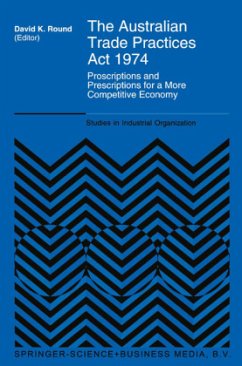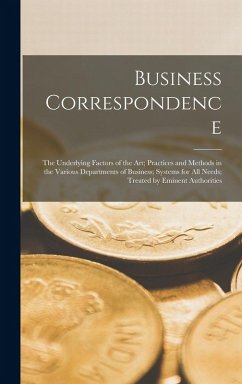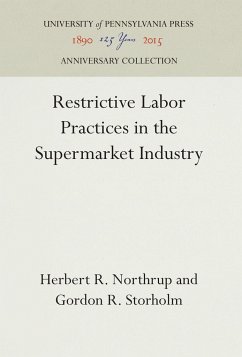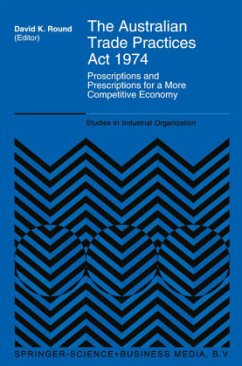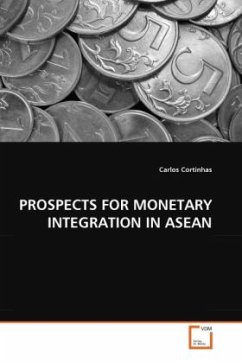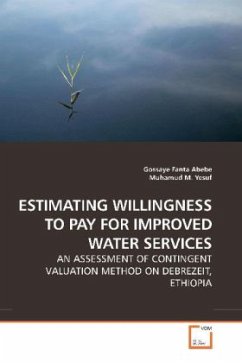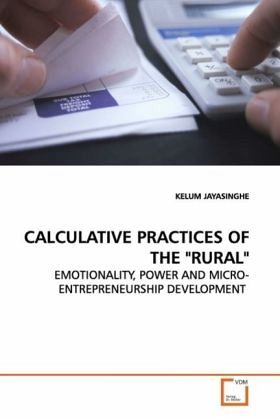
CALCULATIVE PRACTICES OF THE "RURAL"
EMOTIONALITY, POWER AND MICRO-ENTREPRENEURSHIP DEVELOPMENT
Versandkostenfrei!
Versandfertig in 6-10 Tagen
52,99 €
inkl. MwSt.

PAYBACK Punkte
26 °P sammeln!
This study explores how semantic and moral rules of rural cultures and intrinsic power relations in rural politics constrain the institutionalisation of entrepreneurial ethos and rational calculations in rural economies. It addresses three interrelated research questions: (1)What calculative practices prevail in the rural economy, and how do such practices interplay with rural culture and politics? (2) What psychological meanings and moral factors influence entrepreneurial rationality in rural communities, and how do these influences come about?, (3) What inequalities and power relations const...
This study explores how semantic and moral rules of
rural cultures and intrinsic power relations in
rural politics constrain the institutionalisation of
entrepreneurial ethos and rational calculations in
rural economies. It addresses three interrelated
research questions: (1)What calculative practices
prevail in the rural economy, and how do such
practices interplay with rural culture and politics?
(2) What psychological meanings and moral
factors influence entrepreneurial rationality in
rural communities, and how do these influences come
about?, (3) What inequalities and power
relations constrain rural entrepreneurship, and how
do these constraints operate?, and Based on
ethnographic narratives and stories gathered from
two villages in Sri Lanka, it has found that
entrepreneurial development and underlying
calculative practices in rural contexts are subject
to particular psychological meanings, moral factors,
inequalities and power relations.
rural cultures and intrinsic power relations in
rural politics constrain the institutionalisation of
entrepreneurial ethos and rational calculations in
rural economies. It addresses three interrelated
research questions: (1)What calculative practices
prevail in the rural economy, and how do such
practices interplay with rural culture and politics?
(2) What psychological meanings and moral
factors influence entrepreneurial rationality in
rural communities, and how do these influences come
about?, (3) What inequalities and power
relations constrain rural entrepreneurship, and how
do these constraints operate?, and Based on
ethnographic narratives and stories gathered from
two villages in Sri Lanka, it has found that
entrepreneurial development and underlying
calculative practices in rural contexts are subject
to particular psychological meanings, moral factors,
inequalities and power relations.




